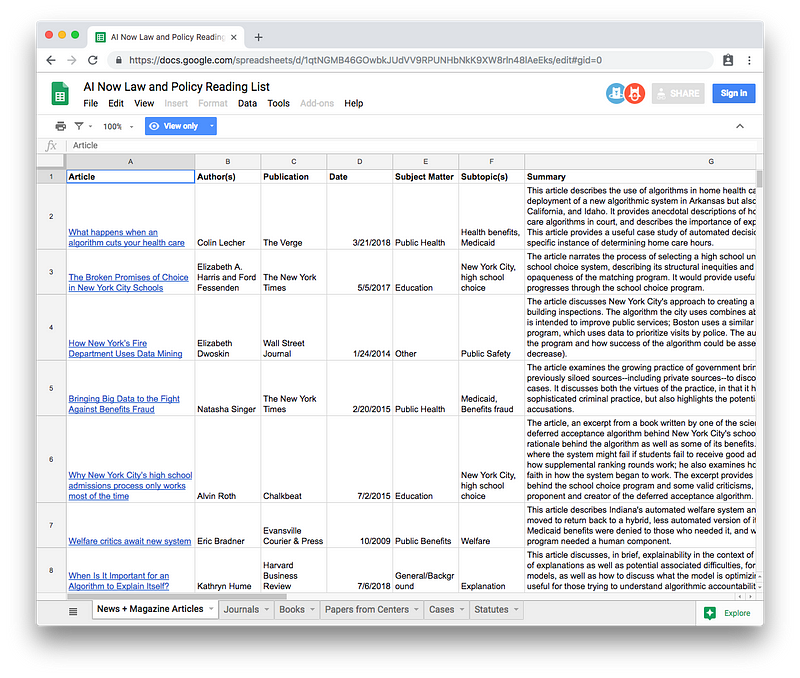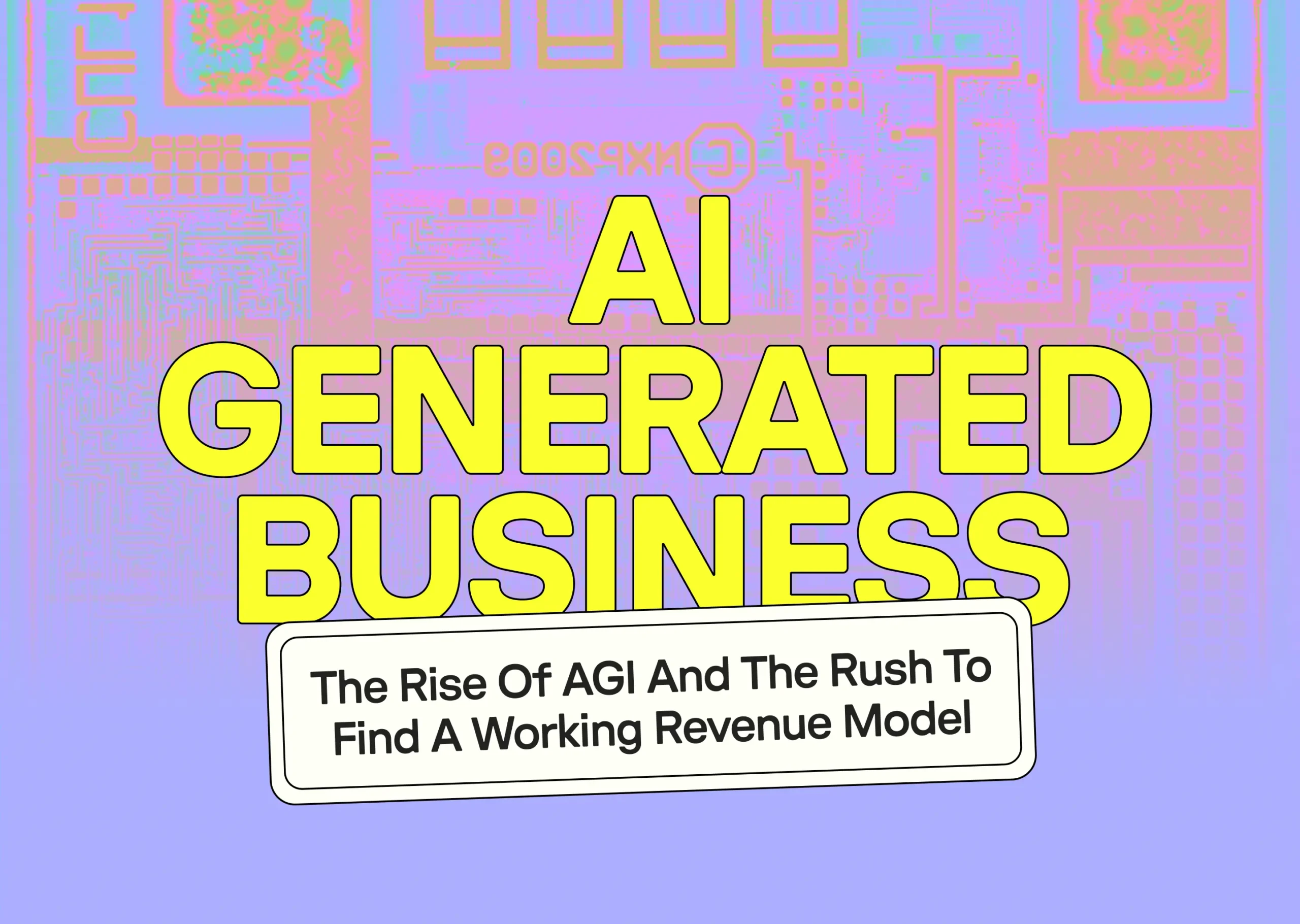AI Now Law and Policy Reading List
Oct 1, 2018
Data-driven technologies are widely used in society to make decisions that affect many critical aspects of our lives, from health, education, employment, and criminal justice to economic, social and political norms. Their varied applications, uses, and consequences raise a number of unique and complex legal and policy concerns. As a result, it can be hard to figure out not only how these systems work but what to do about them.
As a starting point, AI Now offers this Law and Policy Reading List tailored for those interested in learning about key concepts, debates, and leading analysis on law and policy issues related to artificial intelligence and other emerging data-driven technologies. We developed the list in conversation with advocates, policymakers, academics, and litigators, asking them which readings they found the most useful in their own work, especially those that helped inform litigation and advocacy efforts, development of positions on specific use cases or issue areas, and engage in public conversation and debate. Of course, no list can be exhaustive or all-inclusive, but we do hope this gives everyone a place to start learning and an opportunity to become more involved in these issues. We want this reading list to be a living document, so to further this goal we have created a submission form for the public to identify new and emerging publications that should be highlighted in this list. If you have any recommendations, please submit them here.

This reading list consist of six categories (each has its own tab in the Google Spreadsheet):
- News + Magazine Articles
- Journals
- Books
- Papers from Centers
- Cases
- Statutes
The composition of each category varies, but all sections include subject matter and subtopics labels, where possible, and all entries include short summaries to assist readers in sorting or prioritizing documents. This reading list is not exhaustive but it includes essential or decisive publications, cases, and statutes or legislation.
Also fair warning: All of the entries in the reading list pertain to legal and policy issues, with some of these readings requiring prior familiarity of legal concepts, while others serve as primers. If you seek a better understanding of more general or technical concepts and related law and policy issues, we recommend reading our Algorithmic Accountability Toolkit before or while exploring this reading list. If you are an advocate seeking ways to challenge some of the legal and policy concerns raised through the literature in this list, we recommend reading our recent Litigating Algorithms report, which provides key insights into successful litigation strategies.
We encourage you to explore the reading list here.





